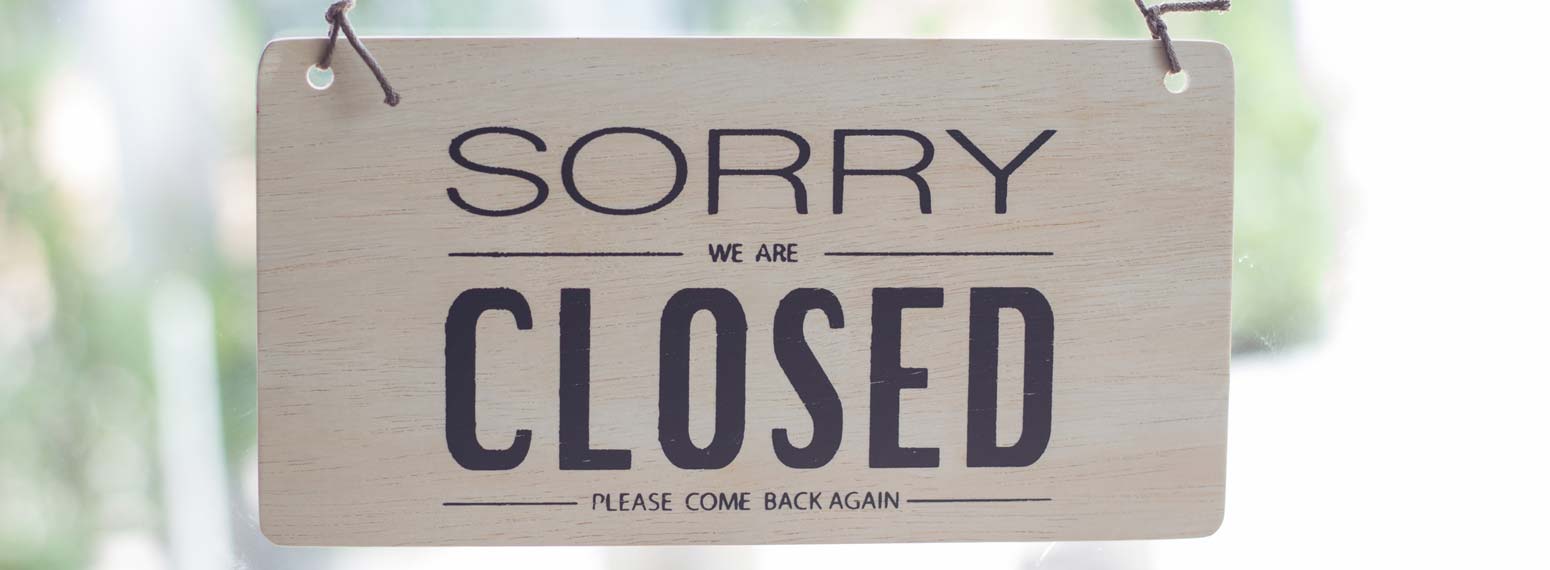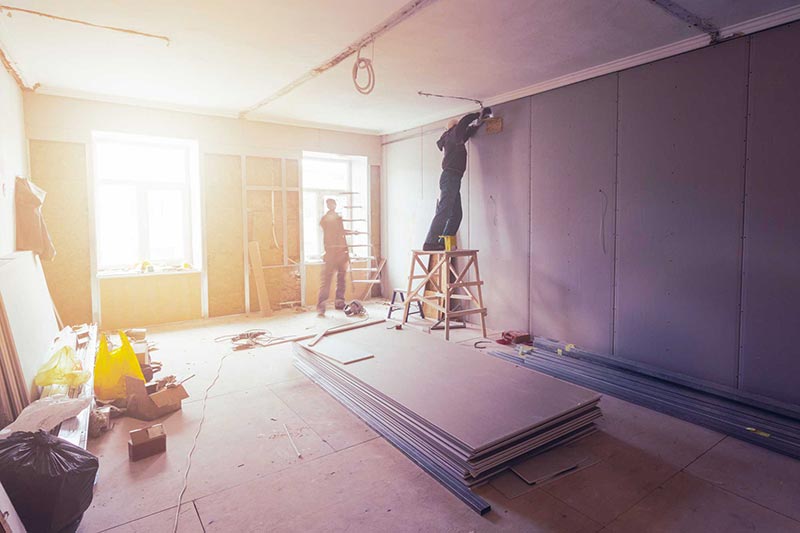
Commercial Property Disaster Insurance Explained
Are you a business owner? Here’s a scary statistic: 40 to 60 percent of small businesses never reopen after a disaster. So, what can you do to protect yourself and your business? Does insurance cover things like flooding? What about tornadoes?
Colorado has endured its fair share of disasters—snow isn’t the only thing we have to prepare for in the Mile-High City and throughout the Centennial State.
Professional Restoration has helped business owners throughout the Denver Metro area for more than 25 years. We know a thing or two about property damage and insurance.
Below, we discuss commercial property disaster insurance and other ways you can safeguard your business.
Does Property Insurance Cover All Disasters?
Unfortunately, no. Business owners mistakenly assume that standard property insurance will protect them after a natural disaster, but disaster insurance is often a separate coverage that applies to specific disasters and property damage.
For example, standard property insurance covers things like theft and accidents that happen on the premises. Flooding, however, is not typically included in a standard policy.
Conversely, disaster insurance will cover the immediate loss and impact following a specific occurrence like a flood. In fact, most disaster coverages are independent riders on an insurance policy. You’ll have to buy a different policy for each type of coverage your business needs, from floods to earthquakes to acts of terrorism.
The only way to assess your business’ needs is to review your policy carefully and take note of exclusions or gaps in coverage. Depending on where you live and the location of your business, consider what types of disaster coverage you need and how much. Unfortunately, this can get expensive for a Colorado business.
You should also know that coverage deductibles for disaster insurance work differently than most standard policies. Unlike property insurance, disaster insurance deductibles are based on a percentage of loss in lieu of a fixed deductible.
Depending on the scope of the disaster, the deductible alone could overwhelm a business owner that’s ill-prepared.
Why You Should Have a Business Continuity Plan
When disaster strikes, businesses lose money. Period. A business continuity plan is meant to keep your business operational following a major disaster like fire or flood.
More specifically, a continuity plan will help assess potential threats and analyze recovery priorities and strategies.
Developing an effective continuity plan can also prepare other team members, help safeguard sensitive data, and maintain financial fluidity during and after a crisis.
The Federal Emergency Management Agency (FEMA) provides a free outline to help business owners prepare a continuity plan.
In addition to a continuity plan, business owners should also practice an evacuation plan. Know who to call for help, and figure out how you’ll notify employees, customers, and other stakeholders if an emergency occurs.
With some planning, Colorado business owners can protect their business and the people who rely on the jobs they provide.
Restore. Repair. Rebuild.
Having a plan and the right insurance is the best way to protect your investments, but even great insurance can’t prevent random acts of nature. For some unlucky business owners, property damage is inevitable.
Fortunately, with an experienced restoration company on your side, you can get back to work faster after an unexpected disaster.
So, while the weather in Colorado can be unpredictable, you can always count on Professional Restoration to restore, repair, and rebuild your business.
If you’re a business owner, follow Professional Restoration on Twitter, or ‘like’ us on Facebook for insurance tips and more!

